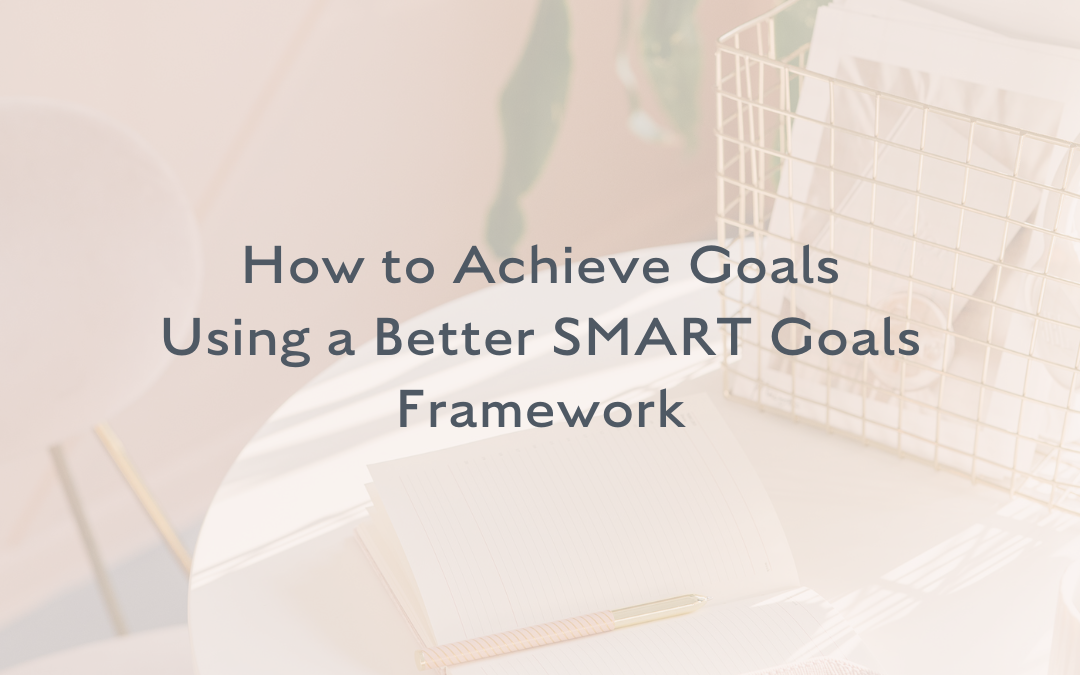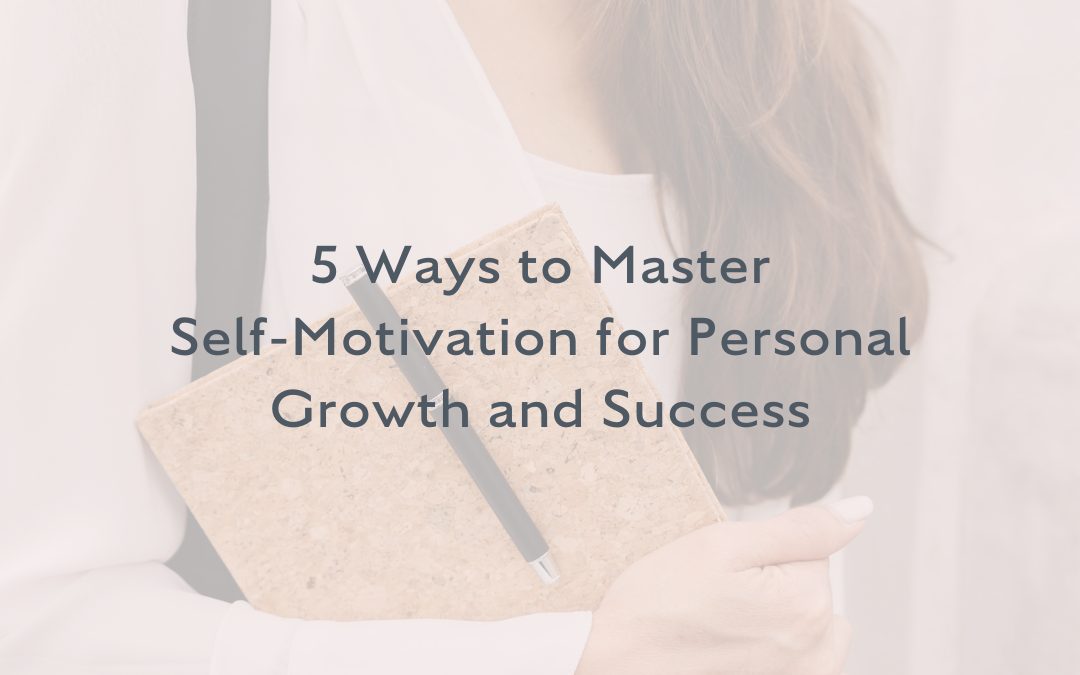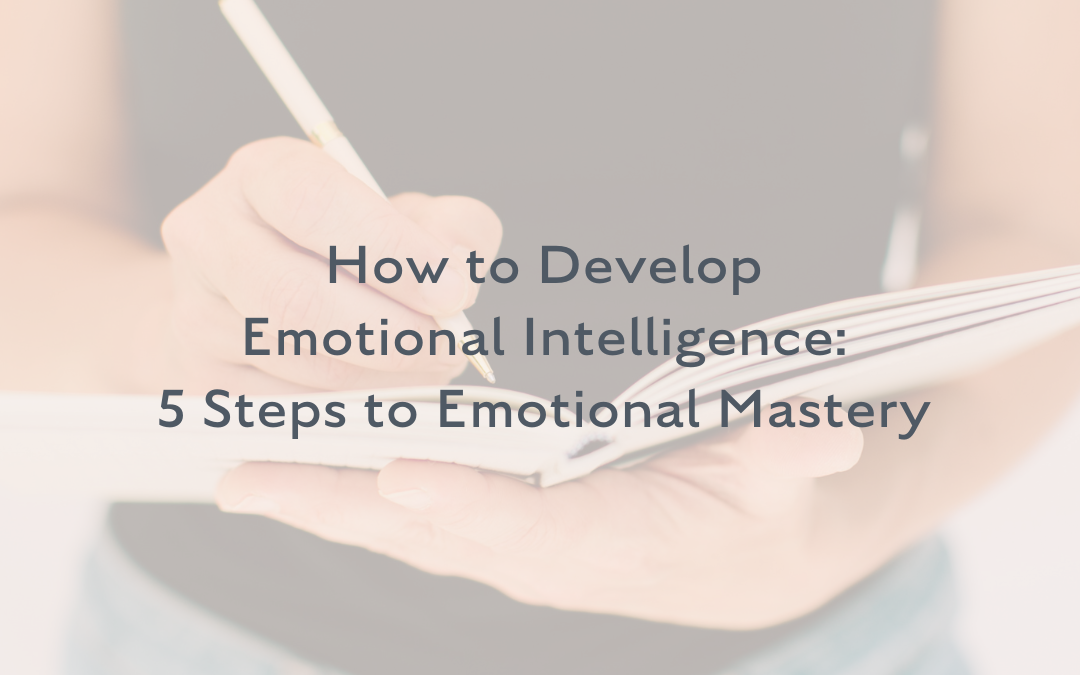
How to Develop Emotional Intelligence: 5 Steps to Emotional Mastery
How to Develop Emotional Intelligence: 5 Steps to Emotional Mastery
Table of Contents

Hey there! I’m Brenda Terry.
I’m a Mindset and Business Mentor and an NLP master coach trainer. I help you train your brain for success, break through mental and emotional blocks, reclaim your personal power, and take results-based action to finally get what you want in business and life.
Table of Contents
The Rewards of Learning How To Develop Emotional Intelligence
Life can sometimes feel like you’re on this roller coaster of emotions. One moment, you’re on top of the world, feeling joy, excitement, and inspiration. And the next, you’re being overwhelmed and swept away by a tidal wave of negative emotions like anger, sadness, or fear.
Maybe you’ve found yourself reacting impulsively, letting your feelings dictate your actions in interactions. Or perhaps you find it challenging to manage your emotions well, and it has strained your relationships.
If any of this sounds familiar, know that you’re not alone. Many people struggle with managing their emotions effectively, and this can significantly impact their personal and professional lives.
What’s also true is that it’s totally possible for you to create a life where you are in control of your emotions and not the other way around — a life where you can handle any situation that comes your way with grace and composure and where your relationships thrive because you know how to communicate effectively. Where you understand and manage your emotions and can really understand the emotions of the people in your life.
That’s the power of emotional intelligence. The great news is that emotional intelligence is a skill that you can develop and one that can absolutely transform your personal life. The only thing that’s required is your willingness to learn how.
From better relationships and the ability to manage conflict effectively to increased self-awareness and personal and professional life success, this blog post provides the blueprint for mastering your emotions, developing emotional intelligence, and elevating your social skills.
Let’s dive in!
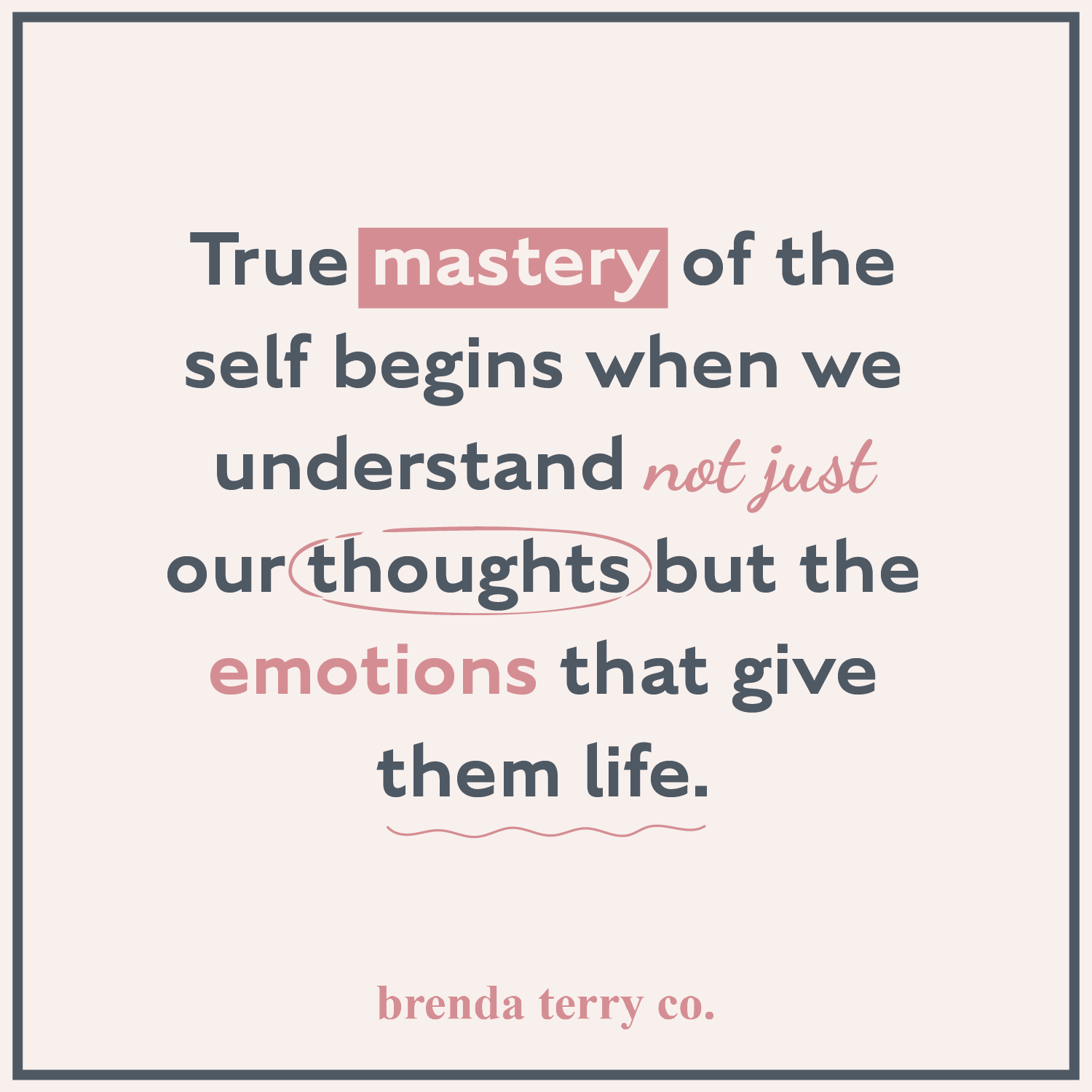
What are Emotions, and Why are They Important?
Emotions are our body’s natural response to different situations, experiences, or thoughts to which we assign meaning. They can be positive, such as joy and excitement, or negative, like fear and anger. Regardless of their nature, emotions are neutral messengers informing us about our surroundings.
They can be important tools for decision-making, as they provide us with valuable information about our needs, desires, and boundaries. Emotions also play a significant role in social interactions, influencing the way we communicate and connect with others.
By paying attention to our emotions and understanding what they are trying to communicate, we can gain valuable insights into ourselves and the world around us. Embracing our emotions allows us to navigate everyday life with greater awareness and authenticity.
The Power of the Limbic System
Recent research shows that our limbic system, also known as our emotional brain, has executive power over our cognitive or analytical brain, not the other way around, as we originally suspected. This means that emotions are the driving force behind our thoughts and behaviors, that it isn’t our thoughts that lead to emotion.
This new understanding emphasizes the importance of emotions in decision-making and highlights the influential role of the limbic system in guiding our actions and decision-making.
Emotional Processing
When we receive information from our senses, it travels directly to the limbic system, which is responsible for processing emotion. Our emotional brain processes sensory input before transmitting its perception to the analytical brain for further evaluation.
This direct connection between the senses and the limbic system allows for quick emotional responses to stimuli without going through the slower analytical processes of the brain.
Limitations of the Analytical Brain
Once the information reaches the analytical brain, it evaluates it to arrive at what it considers logical conclusions. But there’s no real logic about this because the analytical brain doesn’t have access to all of the information available. It’s only working with a snippet of data that the limbic system determines is essential and sends off for evaluation.
So, while the analytical brain’s conclusions drive all perceptions, thought patterns, decision-making processes, emotional responses, and behavior, its conclusions are derived from the information provided by our emotional brain.
This is why knowing how to manage emotions is essential, and emotional intelligence plays a significant role in this process.
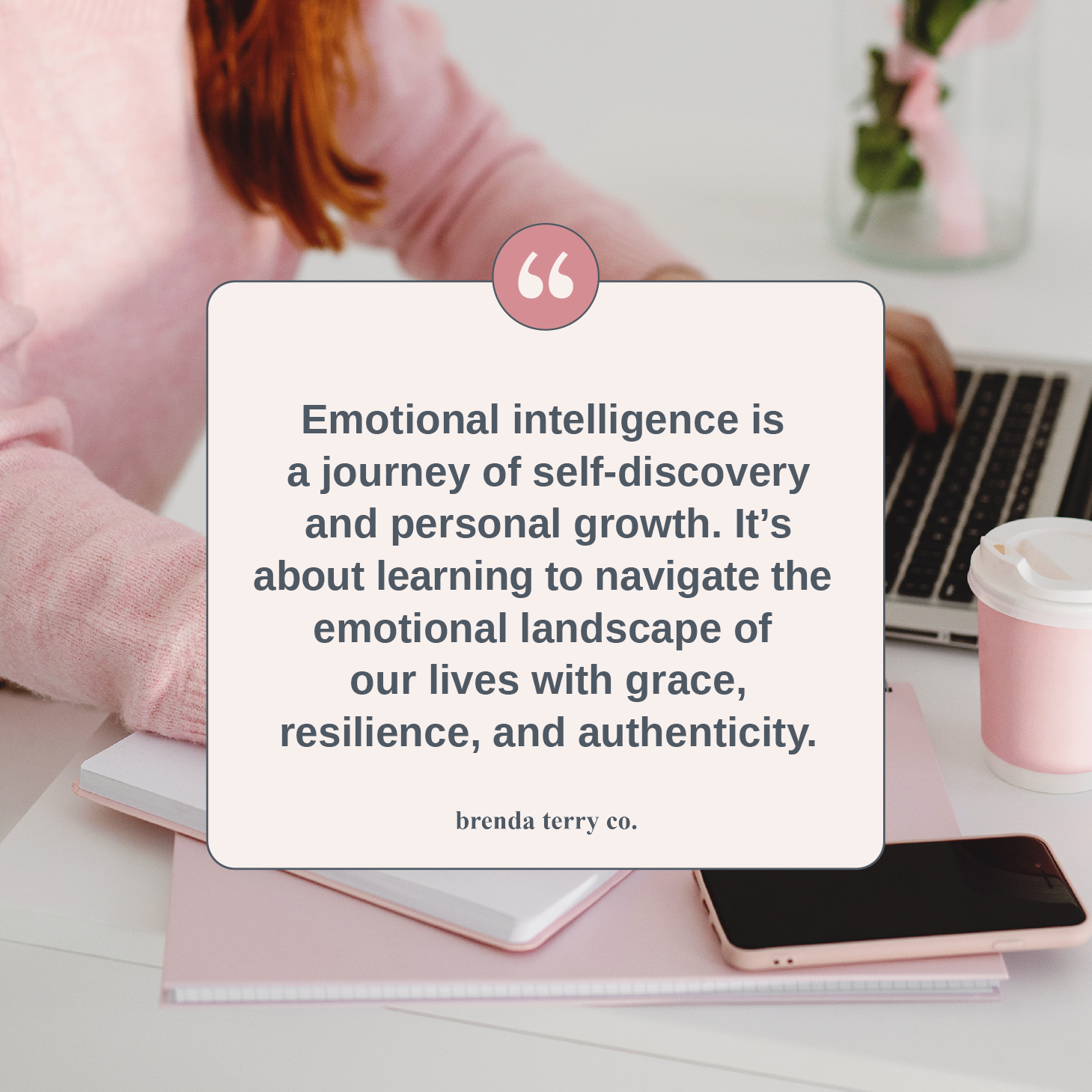
What is Emotional Intelligence?
Emotional intelligence is the ability to recognize, understand, manage, and utilize our emotions effectively. It’s about being aware of our own emotions and the emotions of others. Emotional intelligence is a critical skill for personal growth and for developing meaningful, lasting relationships.
Identifying and expressing our own emotions is a crucial aspect of emotional intelligence. Additionally, recognizing and appropriately responding to the feelings of others is equally important for developing this skill.
Emotional intelligence is about cultivating self-awareness and self-compassion so that we can recognize unhealthy patterns or behaviors that impact our emotional well-being and overall outcomes.
Emotional intelligence entails learning to manage our emotions in healthy ways and create meaningful connections with ourselves and others.
At the core of emotional intelligence, you’ll find emotional self-regulation and emotional resilience. These capabilities allow us to navigate challenging situations and maintain a sense of control over our emotions.
Emotional Self-Regulation
Emotional self-regulation is our ability to manage our emotions in the moment. It involves being able to stay in control of our feelings, especially in stressful situations.
Emotional self-regulation requires self-awareness, which means recognizing our emotions as they arise and using various strategies to prevent them from spiraling out of control.
These strategies might include deep breathing, exercise, mindfulness, or positive self-talk.
The ultimate goal of emotional self-regulation is to express our emotions appropriately and constructively so that we can create more ease for ourselves and our relationships. It helps us to remain self-aware and facilitates personal growth through practical emotional expression.
Emotional Resilience
Emotional resilience refers to our capacity to bounce back from adversity, trauma, or significant stress. Now, emotional resilience is not about avoiding or suppressing emotions. Instead, it focuses on adapting to challenges and returning to a state of balance after adversity.
Emotional resilience encompasses optimism, adaptability, and the capacity to stay balanced amidst chaos or adversity. In a nutshell, emotional resilience is our emotional bounce-back ability.
The Difference Between Emotional Self-Regulation and Emotional Resilience
So, while emotional self-regulation is about managing and expressing our emotions effectively as they arise, emotional resilience is about how we cope with challenges and stressors in our lives and our long-term ability to recover from emotional setbacks and adversities.
Therefore, emotional self-regulation is about acknowledging and understanding our emotions and making conscious decisions about how and when to express them. It helps us acknowledge and process our emotions in a healthy way.
Conversely, emotional resilience allows us to navigate difficult situations without becoming overwhelmed or succumbing to negative thought patterns.
Both are critical for maintaining our emotional and mental health, well-being, and emotional intelligence.
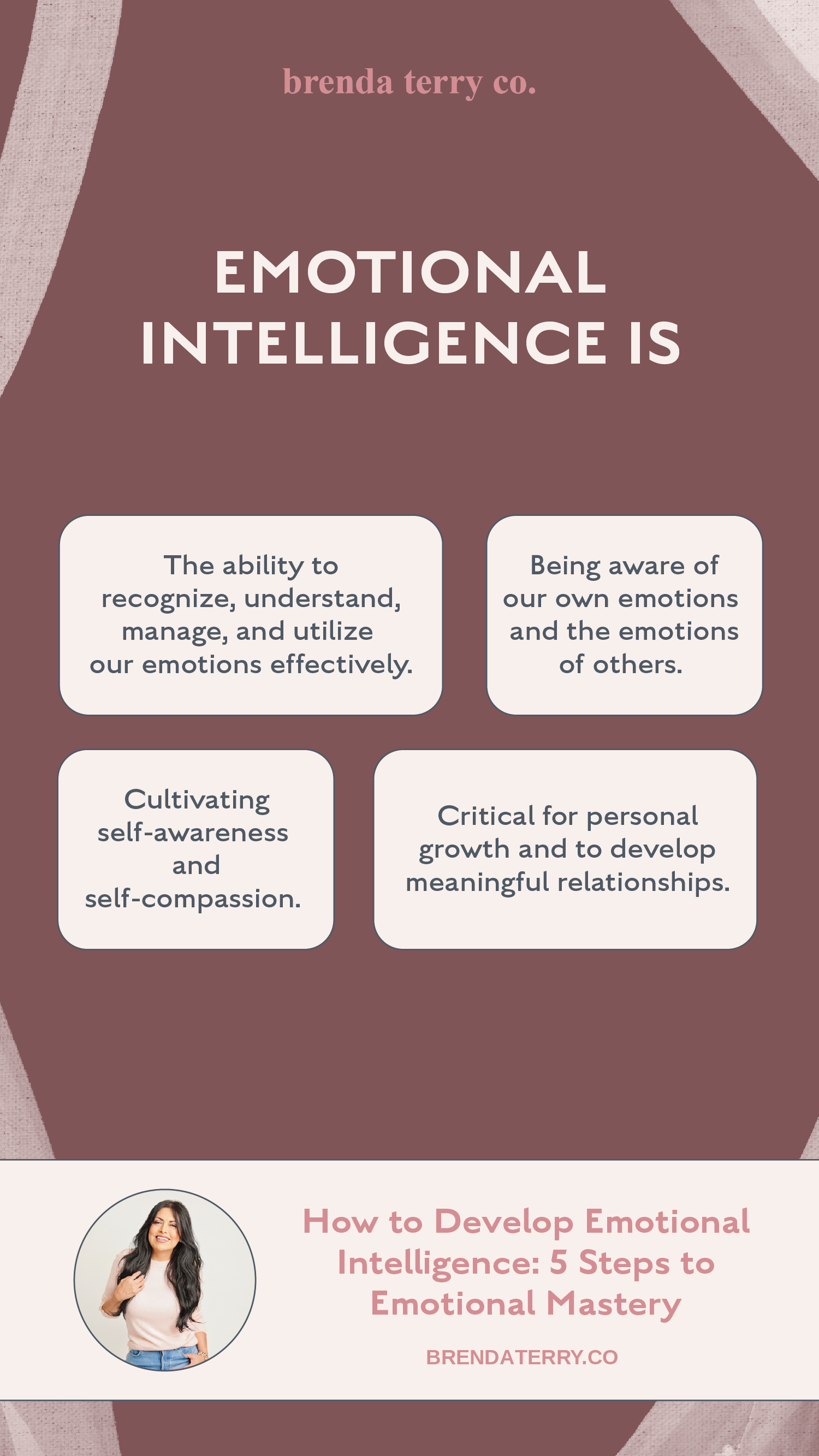
How to Control Your Emotions So They Don’t Control You
Now, you might think that controlling your emotions is hard to do, especially when something or someone triggers an intense response like anger, fear, or hurt.
And you know what? You’re right. Regulating emotions takes some practice and patience, but with time and effort, you can learn how to identify negative emotions before they spiral out of control.
It’s worth it, too, because managing your emotions will help you respond to every situation in healthier ways rather than reacting impulsively or lashing out.
So, how can you effectively control your emotions and prevent them from controlling you? Well, we’ve already established that your emotions are just information.
Taking Control
Emotions always provide feedback about our perception of the present moment, which influences our decisions and actions. So, being aware of our feelings can help us better understand which situations help us stay in positive emotional states and which ones trigger negative states.
Once we become more mindful of our emotions, we can make conscious choices about how to respond to different situations to better manage our emotional responses.
Harnessing the power of our emotions enables us to cultivate well-being and achieve success in our personal and professional lives rather than being at the mercy of our emotional whims.
Harnessing Emotional Power
When we understand our emotions, we can use them as tools for self-discovery and to navigate our surroundings. It’s like having a secret superpower that enables us to:
- Stay calm during challenges
- Choose love over fear
- Have control over our responses instead of reacting impulsively
Aligning Outcomes with Preferences
Understanding emotions empowers us to create positive outcomes. In a previous blog post, I discussed how managing your emotional state can directly impact the outcomes you experience. Increasing your emotional intelligence will help you achieve this goal.
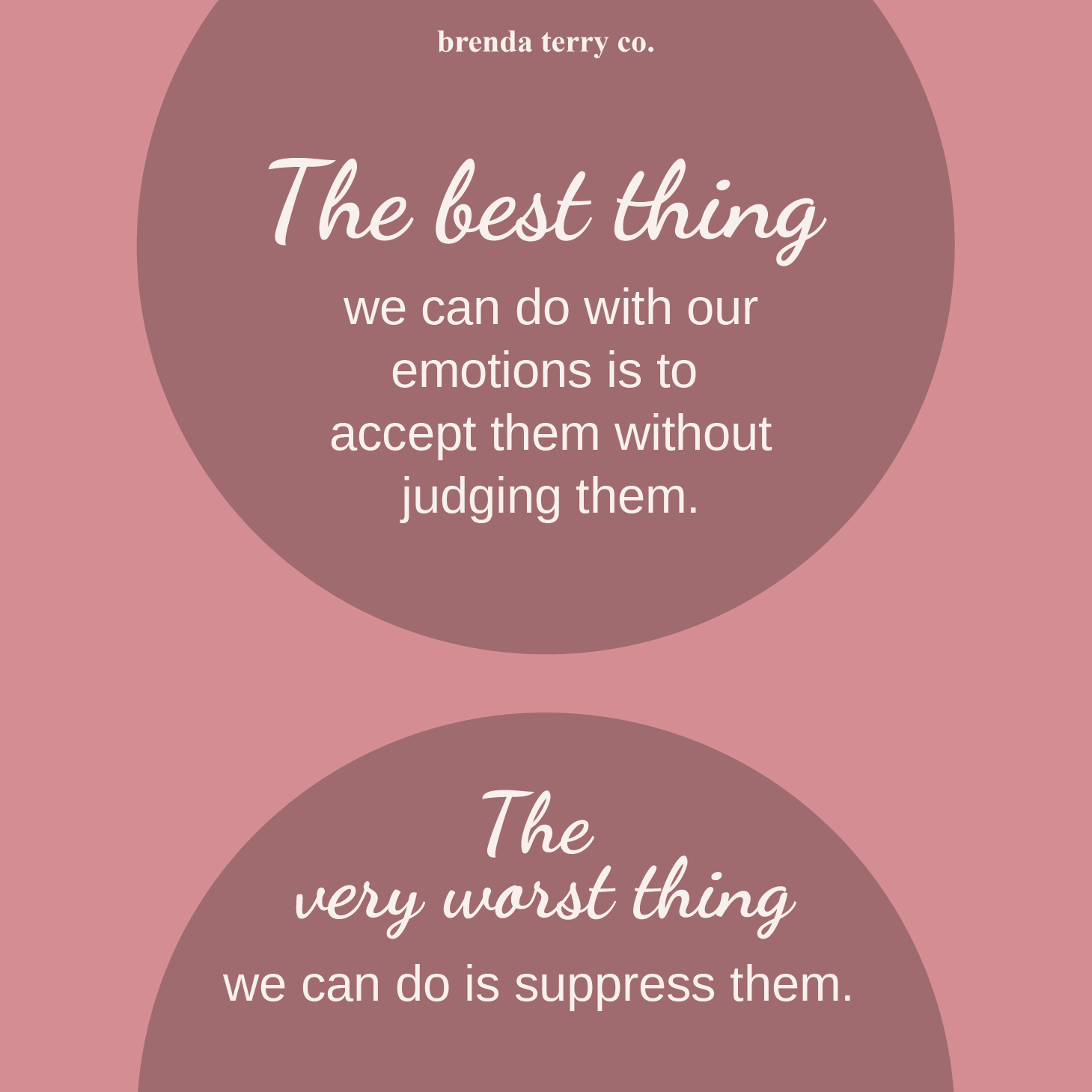
Emotional Awareness is Essential for Success
Managing your emotions, being highly aware of them, and using them to support you will supercharge your efforts to achieve your goals.
Many of us often feel disappointed because we lack what we desire or the experiences we hope for.
If you examine closely, you’ll discover that we often have a lot of unprocessed negative emotion, which holds considerable power and informs our decisions. But when you can mine your emotions for information, you can use that information to guide your actions toward positive outcomes.
Your unconscious mind communicates through your emotions. So whenever you feel negative emotions, that’s usually a sign that you’re focusing on something you don’t want, and positive emotions are a sign that you’re focusing more on what you do want.
While negative emotions are a natural part of the human experience, they indicate a misalignment with one’s desires and needs.
Instead of suppressing or avoiding negative emotions, processing them and extracting valuable insights from them is crucial for personal growth and decision-making.
By acknowledging and accepting our emotions, we can better understand ourselves and make conscious choices that align with our values and goals.
Furthermore, by being aware of our emotional state, we can also better regulate our actions and responses to our uncomfortable emotions in different situations.
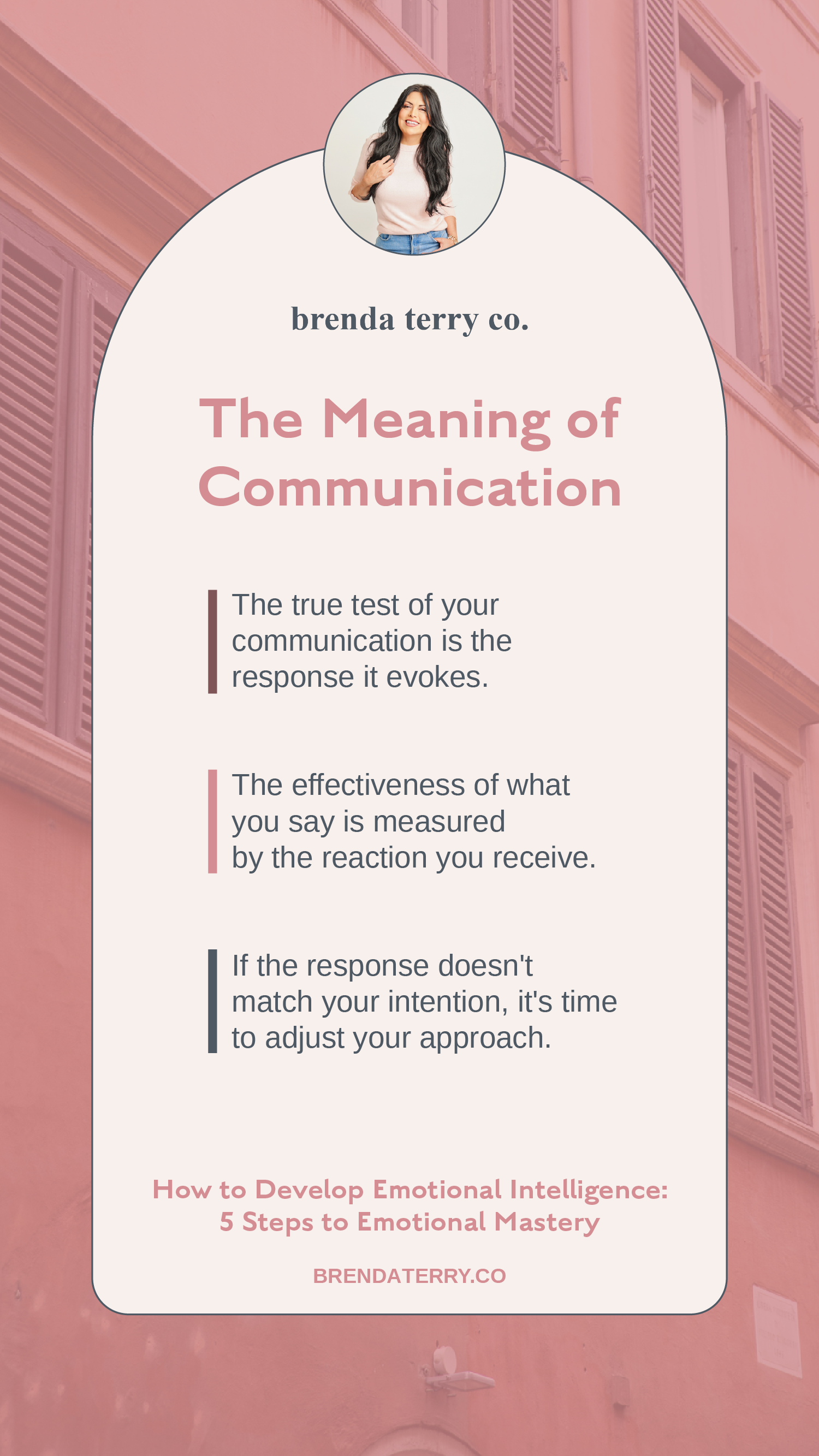
How to Develop Emotional Intelligence: 5 Steps to Emotional Mastery
Emotional intelligence is about learning to navigate the emotional landscape of our lives with grace, resilience, and authenticity. It’s about tapping into the limitless potential within each of us because your emotions are a powerful tool for growth and self-discovery.
Ultimately, emotional intelligence is a journey of self-discovery and personal growth. The journey can be challenging, but the rewards are invaluable.
Here are five steps to help you develop emotional intelligence
Step 1: Normalize all emotions.
In modern society, we often label emotions as positive emotions or negative and vilify negative emotions, so much so that sometimes we don’t even recognize them in ourselves.
However, every emotion, whether joy, sadness, anger, or fear, serves a purpose. Emotions are messengers that help us better understand ourselves, and we can use them to mine information.
The best thing we can do with our emotions is to accept them without judging them. The very worst thing we can do is suppress them. Unprocessed emotions can build up and manifest into more significant issues, whether in our mental health, relationships, or careers.
So, by normalizing all positive and negative emotions and accepting them as valid, we acknowledge their value and allow ourselves to feel them fully.
Step 2: Embrace the temporary nature of emotions.
Emotions are temporary, like passing waves. They come and go. Ultimately, they’re temporary, not permanent states of being.
Recognizing this can help us respond to our emotions in healthy ways. Instead of being swept away by negative emotions, we can learn to navigate them and be confident in the awareness that they’ll eventually pass.
Step 3: Practice self-awareness.
Understanding the subtleties of our emotions and how they affect us individually is essential. Self-awareness involves understanding our thoughts and feelings and how they influence our behavior in specific situations.
So, paying attention to our body language, thoughts, and how we interact with others are all keys to learning more about ourselves and improving our emotional intelligence.
Awareness of your emotional states will help you quickly recognize patterns, allowing you to find solutions for potential issues.
Step 4: Identify the source of your emotions.
Identifying the source of your negative feelings is a fundamental process for increasing our emotional intelligence and a critical aspect of emotional self-regulation.
Once you recognize your emotions, try to understand them. What triggered them? Are they a response to a specific event, or do they stem from a deeper issue?
Understanding your emotions can offer valuable insights into your needs and desires. It can help you clarify thoughts and feelings as they arise, which is the first step to managing them effectively.
Moreover, this process empowers you to control your emotional reactions. It also helps us better understand our own emotions and improves our ability to understand and empathize with others’ emotions.
Empathy is essential in emotional intelligence because it enhances our relationships with others.
Step 5: Express your emotions effectively.
Understanding and expressing our emotions is vital for developing emotional intelligence skills and strengthening our connection with others.
Expressing your emotions effectively means sharing your thoughts and feelings in a way that is respectful and understanding of others and being mindful that intense emotions don’t lead to emotional outbursts or hurtful language.
When we express our feelings in an empowering way, we acknowledge and validate them, which fosters self-awareness—one of the critical components of emotional intelligence.
The better we communicate our emotions, the easier it is for us to manage them, improve our relationships, make sound decisions, and effectively deal with challenges.
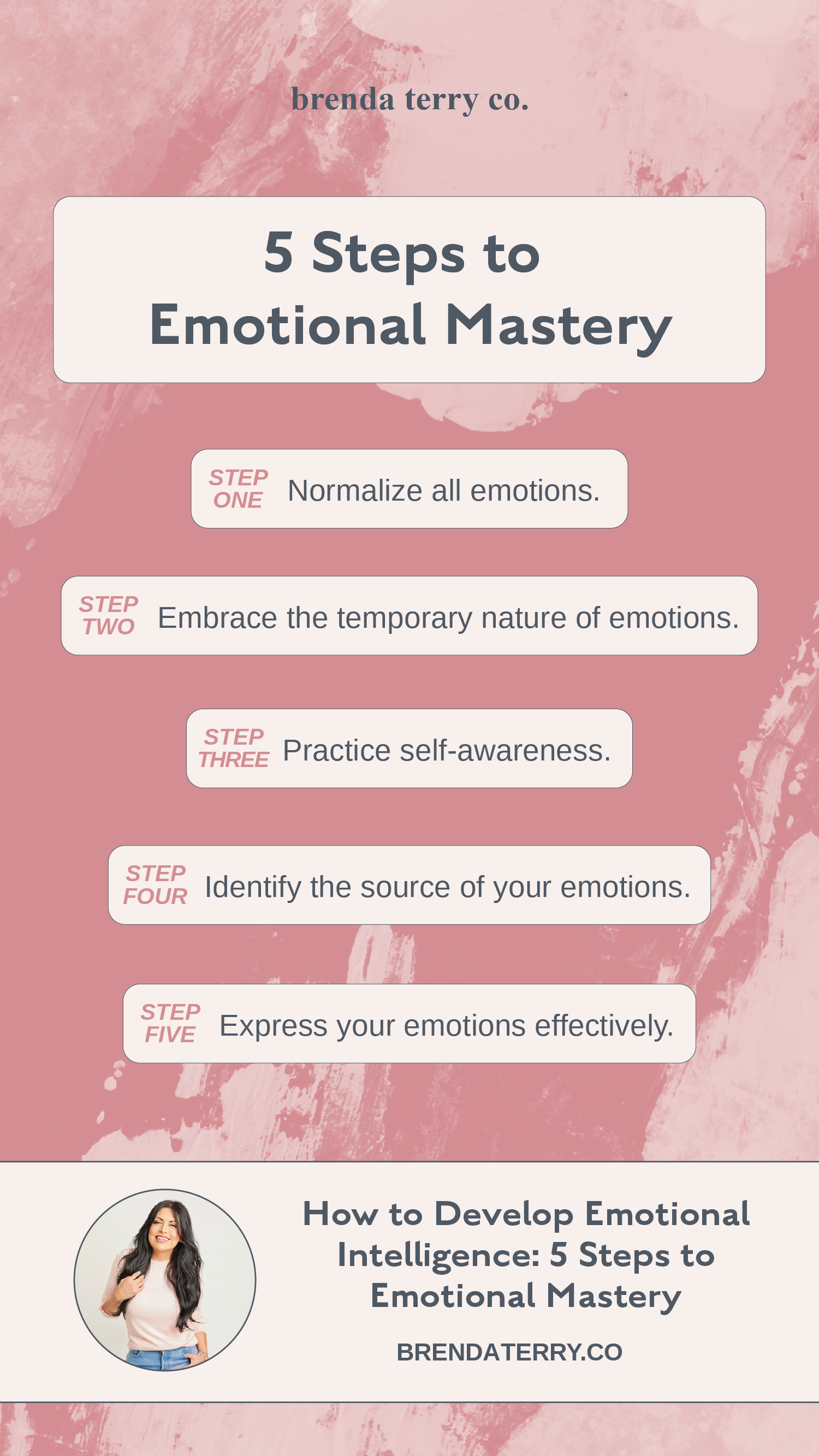
3 Simple Strategies to Express Your Emotions
And so, as promised, here are three empowering tips to help you express your emotions effectively.
1. Practice emotional responsibility.
Taking responsibility for our emotions means recognizing that we control how we feel. No one else can make us feel a certain way. Emotions are how we react to things happening in our daily lives.
It’s crucial to understand that we have the power to choose how we respond to those situations. Practicing emotional responsibility means acknowledging our emotions and taking ownership of them.
Taking responsibility also means knowing that you’re entitled to your feelings and respecting them independently of others’ opinions or viewpoints.
2. Master “I” Statements
The second thing to communicate your emotions effectively is to master I statements when expressing your feelings, especially during challenging situations, and then use I statements to communicate your perspective. Instead of blaming others for your emotions, express your feelings with ‘I’ statements. This approach opens communication and reduces defensiveness in others.
And the best way to master these statements is to practice. You can practice them with yourself any time that you feel something. Pause to acknowledge your feelings, and then use an ‘I’ statement to help your subconscious process them.
3. Practice Active listening.
Emotional intelligence, at its core, is about understanding and managing our own emotions and empathizing with the emotions of others. Active listening plays a vital role in this process.
When we listen actively, we’re fully present with the other person. In addition to hearing their words, we pay attention to their nonverbal cues, such as body language and tone of voice.
Listening actively means being mindful of the other person’s emotions and doing our best to see things from their point of view, which communicates how much we value their feelings and experiences.
This empathetic listening helps build stronger bonds. It fosters trust, promotes transparent communication, and improves personal and professional relationships.
Active listening also increases self-awareness. When we listen actively to others, we can gain insights into our emotional responses and identify any biases or misconceptions influencing our perceptions and reactions.
This awareness can help us manage our emotions more effectively and respond to others more empathetically and understanding.
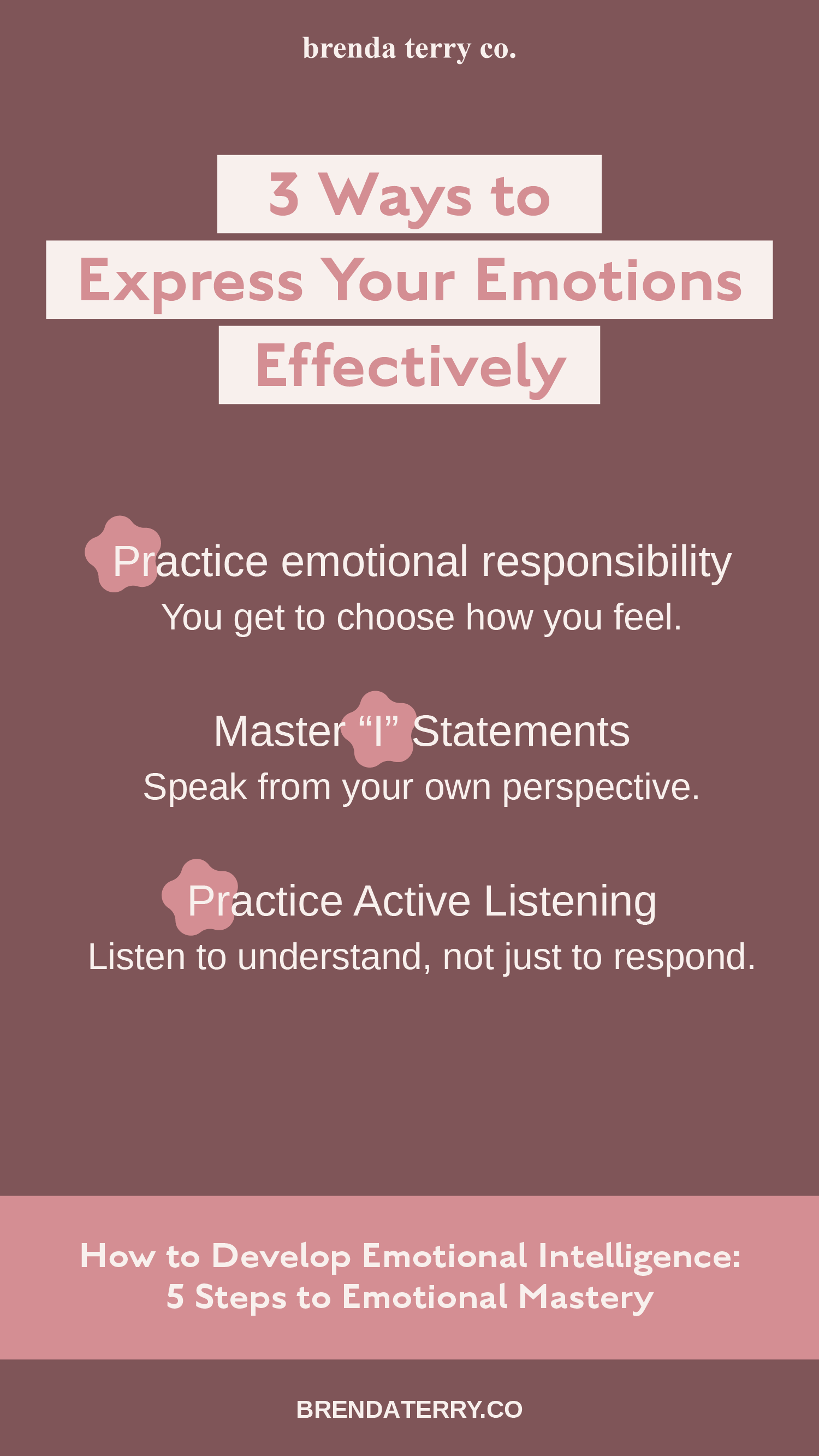
Embracing Emotional Mastery: The Key to Personal Growth
Developing emotional intelligence is a process of self-exploration and personal development.
By actively listening to others and understanding their feelings and experiences, we can improve our own self-awareness and emotional intelligence. This in turn allows us to build stronger connections with those around us, leading to more fulfilling personal and professional relationships.
Embracing emotional mastery is the key to unlocking our full potential for personal growth and professional success. So let’s start by being better listeners – not just with our ears, but with our hearts as well.
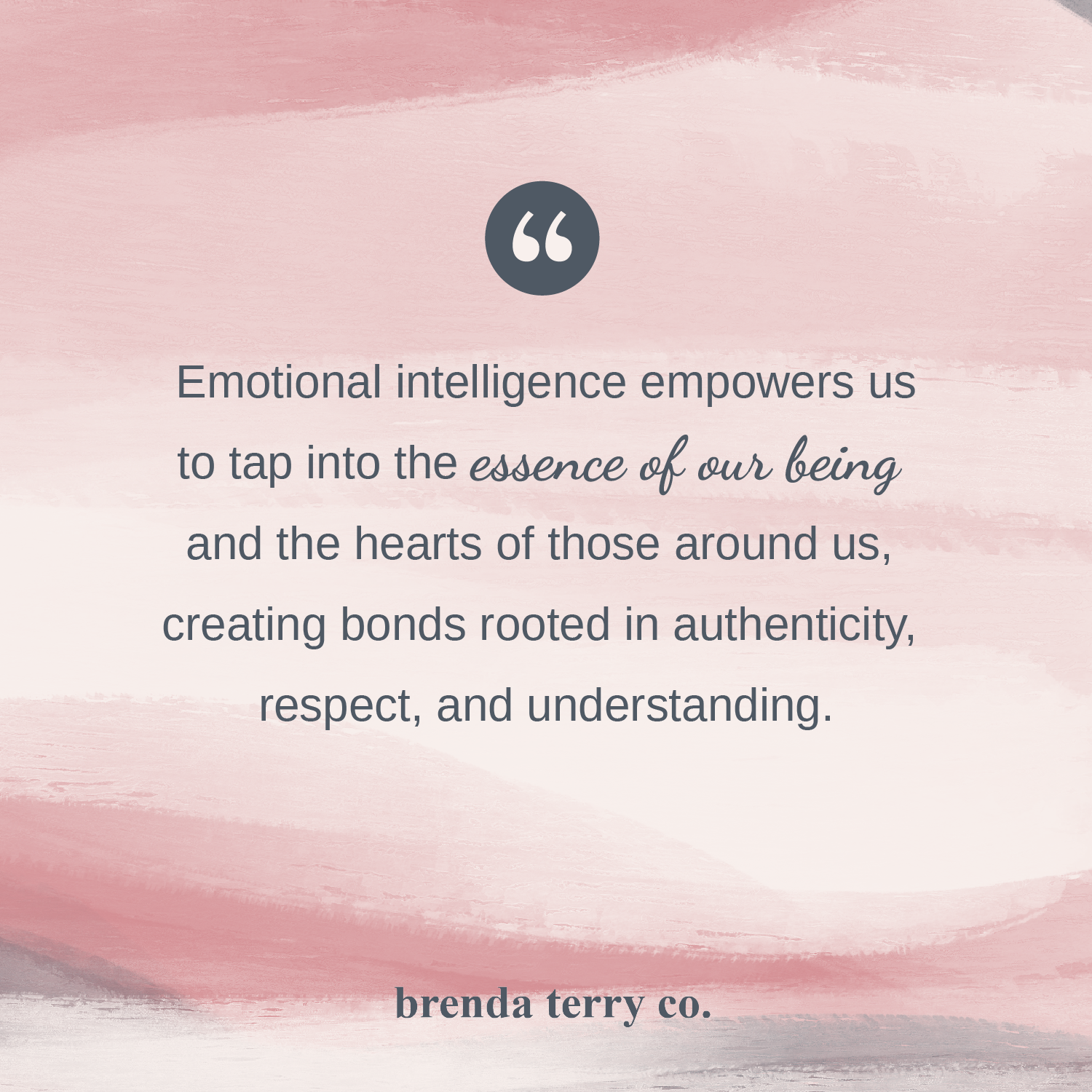
Ready to take your emotional resilience to the next level and stress to curb while you’re at it?
Say hello to a more empowered you with our FREE Stress Relief Guide. This comprehensive guide is designed to help you navigate the complexities of your emotions and teach you practical strategies for managing stress.
Whether you want to enhance your emotional resilience or simply seek ways to live a happier, more balanced life, our Stress Relief Guide is the perfect starting point.
Download your free copy today and start your journey toward a healthier, more resilient you!
Table of Contents

Hey there!
I'm Brenda Terry
I'm a Mindset and Business Mentor and an NLP master coach trainer. I help you train your brain for success, break through mental and emotional blocks, reclaim your personal power, and take results-based action to finally get what you want in business and life.
This blog is where I share my insights, tips, and strategies for personal growth, mindset mastery, and business success. My goal is to empower you to reach your full potential and create a life of purpose, passion, and abundance.

Hey there!
I'm Brenda Terry
I'm a Mindset and Business Mentor and an NLP master coach trainer. I help you train your brain for success, break through mental and emotional blocks, reclaim your personal power, and take results-based action to finally get what you want in business and life.
This blog is where I share my insights, tips, and strategies for personal growth, mindset mastery, and business success. My goal is to empower you to reach your full potential and create a life of purpose, passion, and abundance.

